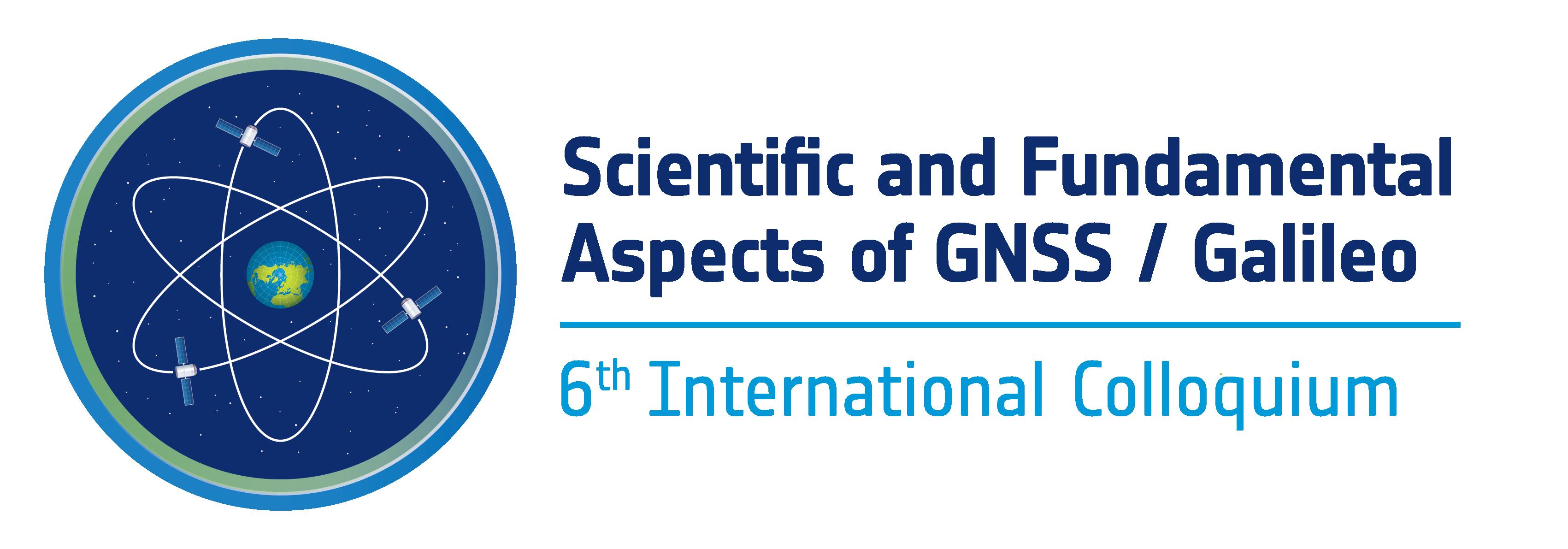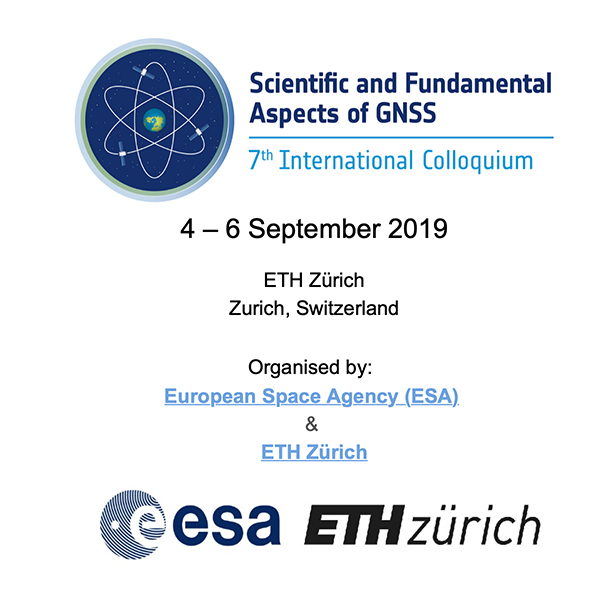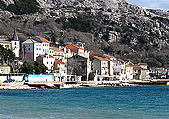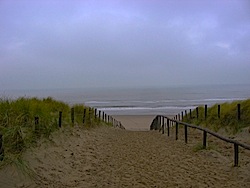Organized by the European Space Agency (ESA), Technical University of Valencia (UPV) and Val Space Consortium (VSC) the 6th International Colloquium Scientific and Fundamental Aspects of the Galileo Program will take place at the Technical University of Valencia, in the Politechnic City of Innovation building, inside the main campus of the university (Campus de Vera). This venue is located in the north of Valencia, very near the seashore. The event takes place just a short ride from the historic center of the city, the museums and other places of interest.
Objectives
This colloquium brings together members of the European scientific community and their international partners involved in the use of Galileo and other GNSS in their research. The various possibilities to use Galileo and other GNSS satellites for scientific purposes shall be reviewed. The Colloquium shall contribute to GNSS development in general based on scientific approaches, in particular to raise awareness of those in charge of Galileo development and operations as well as in development of recent scientific achievements in the field.
The colloquium will address five major areas of research:
• Scientific applications in meteorology, geodesy, geodynamics, geophysics, space physics, oceanography, land surface and ecosystem studies, using either direct or reflected signals, differential measurements, phase measurements, radio occultation measurements, using receivers placed on the ground, in airplanes or on satellites;
• Scientific developments in physics with a potential impact on future GNSS, particularly in testing fundamental laws of physics, quantum communication, and general relativity (in particular also taking into account the scientific opportunities in tracking the two Galileo FOC satellites in elliptical orbits);
• Aspects of Metrology such as reference frames, on board and ground clocks, precise orbit determination and time and requency transfer;
• Scientific aspects of satellite navigation, positioning and its applications, such as signal propagation, tropospheric and ionospheric corrections, multi-constellation aspects, additional sensors and integrated navigation, precise positioning, and other scientific applications such as animal tracking;
• Transversal topics of interest to a wide number of scientific fields including collection of GNSS Big Data (baseband data recording), scientific data archives, supporting ground GNSS infrastructure, novel disruptive technologies for science, the use of cubesats or UAVs for GNSS science, software receivers and low-cost SDR platforms, and the topic of GNSS science and education.
The conference will be organized as a series of plenary talks, parallel half day sessions and poster presentation throughout the duration of the event.
Online registration is available HERE






